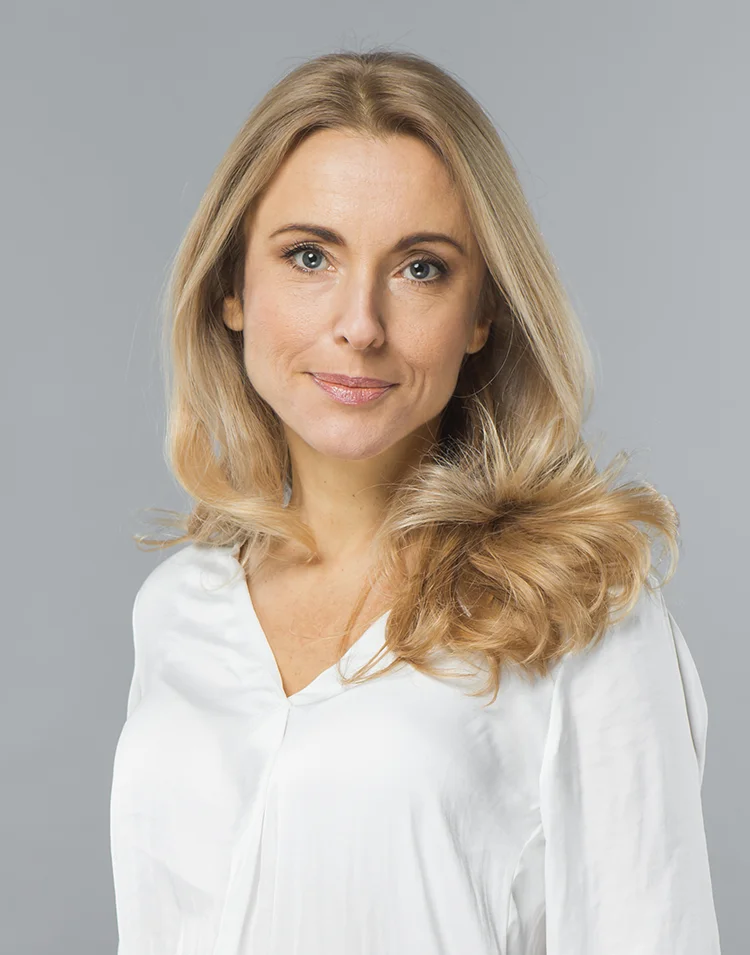What To Expect At A Consultation For Menopause
Menopause is a natural process of aging that all women go through, marking the end of their reproductive years. This usually begins between the ages of 45-55 when your ovaries start to produce less and less oestrogen (female hormones) until they stop producing it altogether.
Menopause comes with a variety of symptoms which are all part of your body settling into a new way of working without female hormones being produced. You are officially going through menopause if you have not had your period for at least 12 months.
Our menopausal symptom checklist will help to highlight the early symptoms of menopause. Please fill out the form and take it along to your GP... Then simply request a referral to see Dr Homar.

When should I see a doctor for menopause?
You may feel like you need to see a doctor for a formal diagnosis of menopause once you start to experience symptoms. This can be a good idea as your doctor can determine the best treatment option for you and if necessary, refer you to Dr Lanziz Homar. Other reasons you may need to see a doctor include:
- Your menopausal symptoms are interfering with your daily life (e.g., causing severe pain or extreme discomfort)
- You experience vaginal bleeding after not having your period for at least a year
- You have another long-term medical condition that you take medication for (e.g., osteoporosis or heart disease)
Do I need to prepare anything for the appointment?
When planning to speak to a doctor about menopause, it’s important to prepare for your appointment by ensuring you have all the necessary information to help your doctor with their diagnosis.
Your doctor may ask about your menstrual cycle (including the date of your last period), any current medications you’re taking, personal or family history of medical conditions (specifically breast cancer, heart disease, or venous thromboembolism), the dates of your last physical tests and screenings (i.e., CST, colonoscopy, and mammogram), and if you have had a hysterectomy (surgical removal of the uterus).
Try your best to ensure you have all this information ready for your appointment. Other things to prepare may include:
- Before your appointment, document any changes to your menstrual cycle, such as period frequency, date of your last period, and blood flow
- Make a list of your symptoms and track the frequency of them and how long they last
- Note all medications, supplements, and vitamins you’re taking, including daily doses and ingredients (consider bringing medication packaging for the ingredients list)
Are there any questions I should ask?
It’s always a good idea to prepare some of your own questions for your doctor. Be sure to bring a notebook to take notes during your consultation.
Some of these questions may include:
- What treatment options are available?
- Are there any herbal and/or food supplements to treat menopausal symptoms? If so, will any of them interact with my current medications?
- Could my symptoms be related to something other than menopause?
- How long does menopause last?
- What are the side effects of using MHT (menopausal hormone therapy)?
- Are there any changes to my lifestyle I can implement to help relieve symptoms or improve my overall health long-term?
- Are you able to provide any other information about menopause that could help? Websites, flyers, etc?
For more information on menopause
Help you and your doctor determine whether you have menopause.

